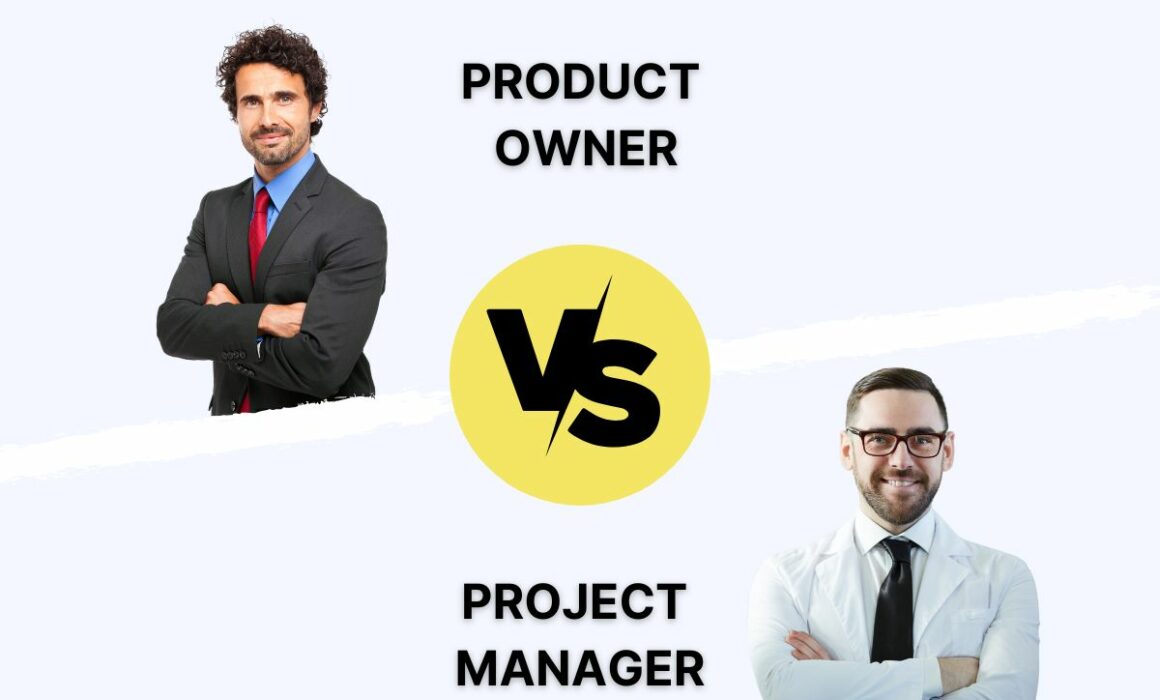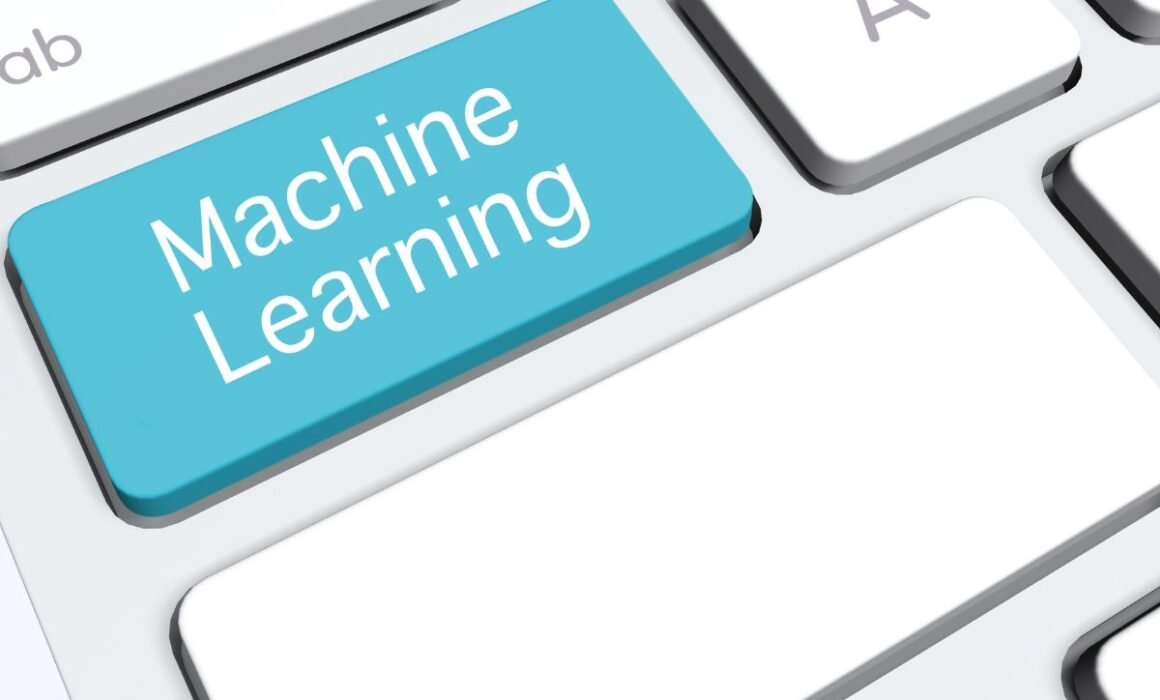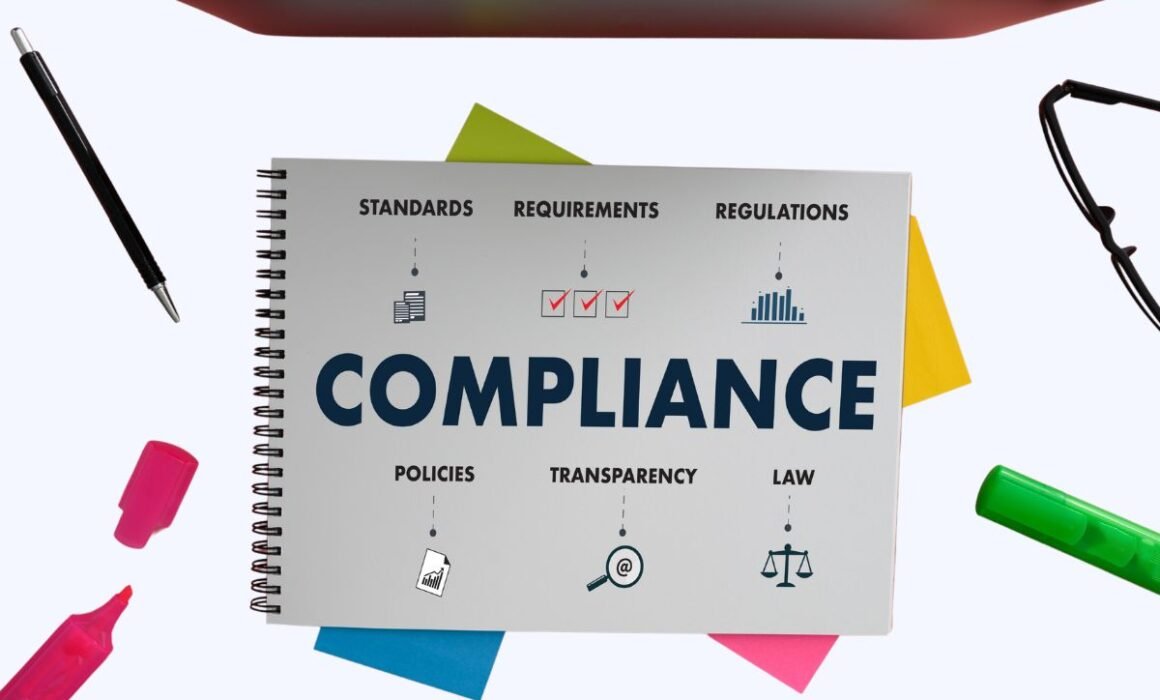Product Owner vs Project Manager: Similarities and Differences
Product teams often consist of individuals with distinct roles fulfilling responsibilities and offering unique skills. Some roles, however, carry similarities with one another. Some are so similar that people would often mistake them for others. Such is the case with the product owner vs project manager confusion.
While it’s established that they’re not the same, some may still struggle to make this distinction. That’s especially true if you know what sets the two apart.
With that said, today, we will go over these differences, particularly in their skills, responsibilities, and overall approach. In addition, we will look at the similarities that are the root of this confusion. But first, a quick refresher is much needed.
Table of Contents
- What is a product owner?
- What is a project manager?
- Product owner vs project manager: key differences
- Product owner vs project manager: key similarities
- Takeaways: product owner vs project manager
- Machine Learning In Finance: 12 Essential Applications
- How To Create Interactive Compliance Training For Bank Employees
- How Fintech Apps Are Using Gamification To Increase User Engagement
- Top Gamification Companies for Employee & Customer Engagement
What is a product owner?
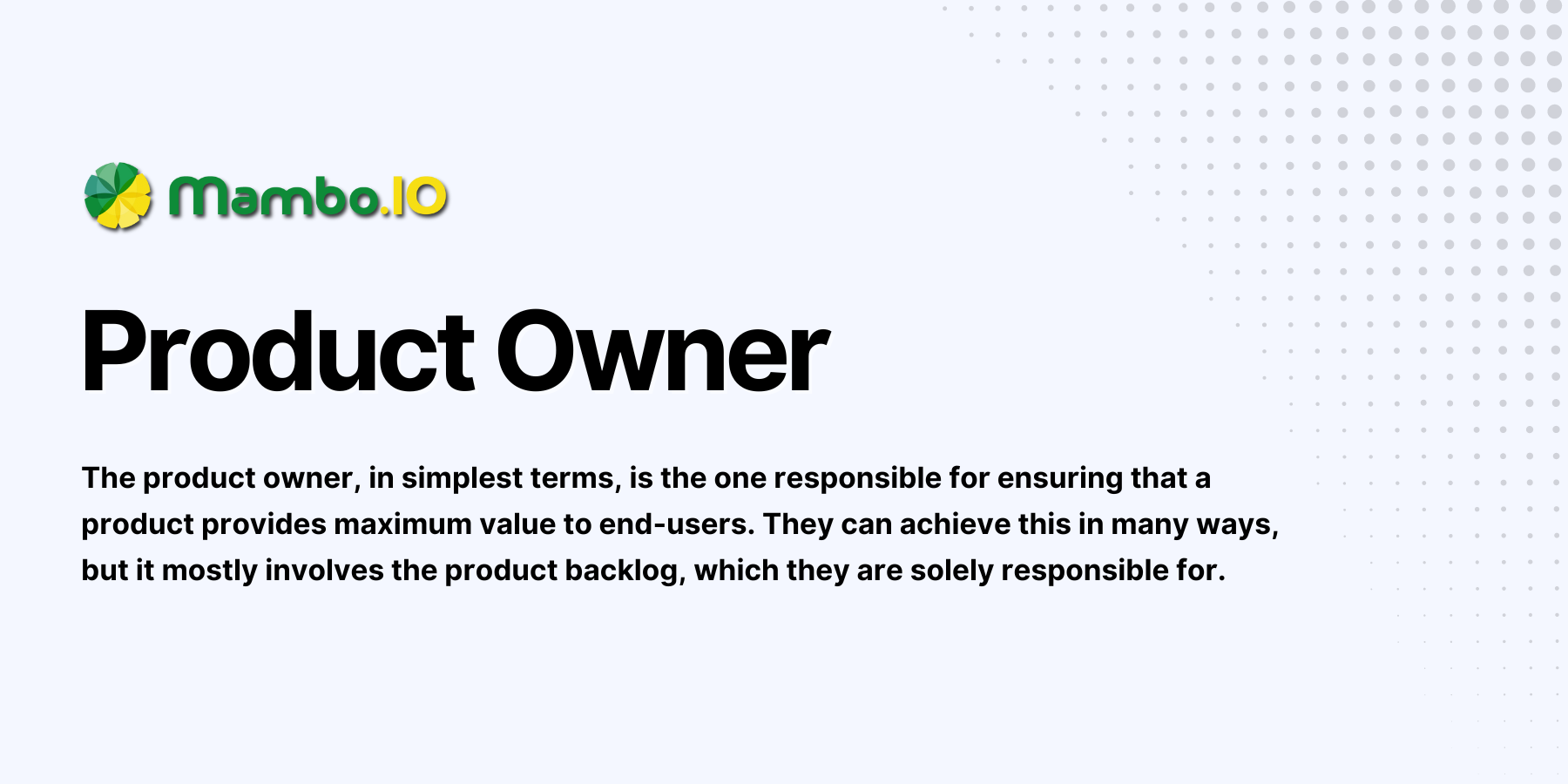
A product owner ensures that a product provides as much value to the users as possible. They can approach this differently, but it mainly involves the product backlog they are typically solely responsible for. Another defining characteristic of a product owner is their involvement in the scrum team.
A scrum team is a collection of individuals that work together to deliver a product. It often comprises a scrum master, a development team, and the product owner.
What is a project manager?
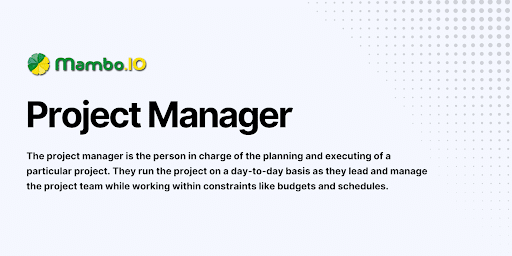
This role is exactly as the name implies. A project manager manages a project, meaning they’re the one who plans and executes various tasks within the project.
They do this while also following limitations placed on the project by the stakeholders.
These include financial restraints and schedules, to name a few. Think of a project manager as the big-picture kind of guy regarding the entire project.
Product owner vs project manager: key differences
#1. Responsibilities
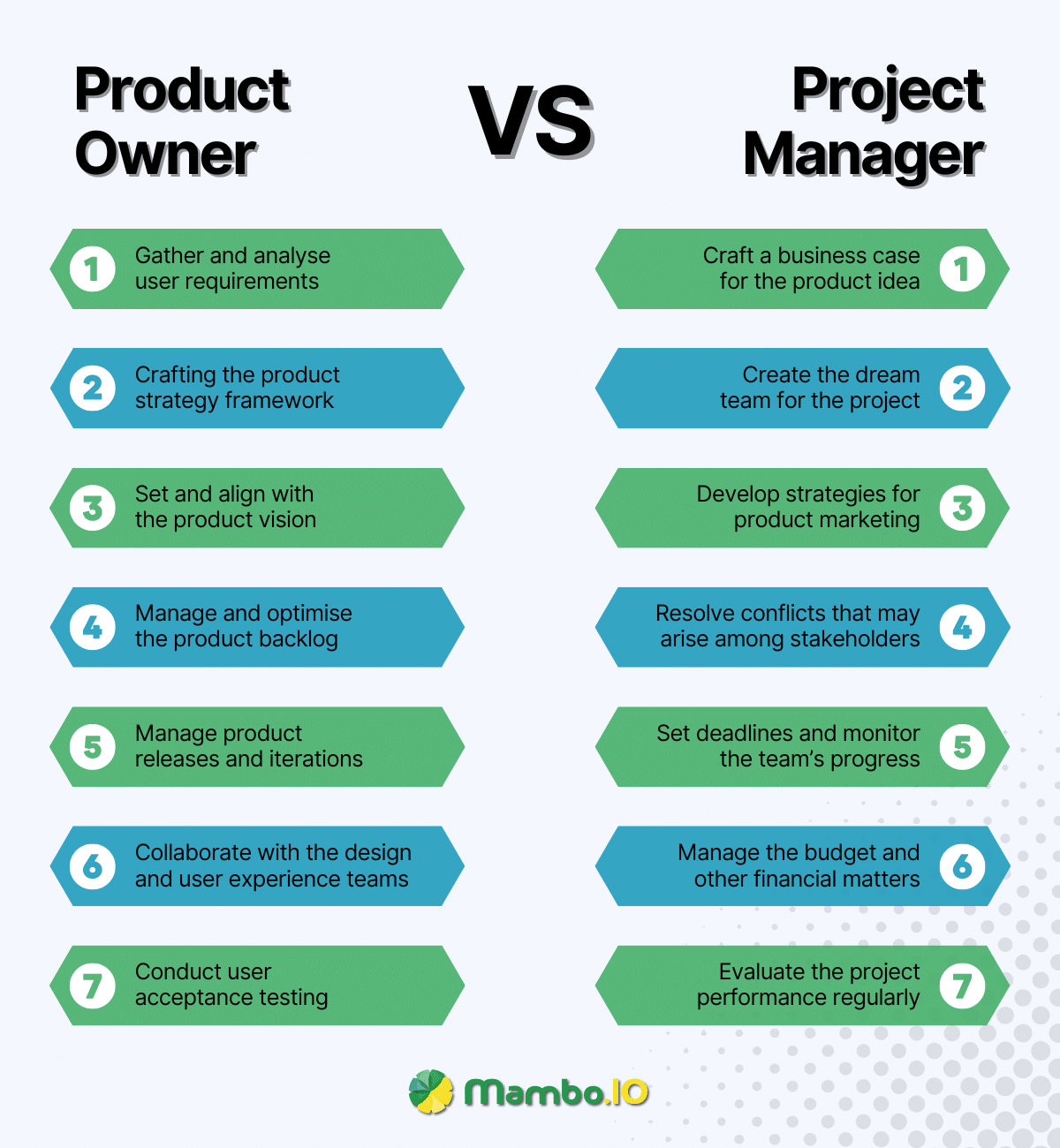
Product owner
Seeing as how these two roles are for different jobs, their responsibilities would be the first difference one would notice.
In particular, a product owner is responsible for the following tasks:
- Gather and analyse user requirements
- Crafting the product strategy framework
- Set and align with the product vision
- Manage the product backlog
- Manage product releases and iterations
- Collaborate with the design and user experience teams
- Conduct user acceptance testing
Project manager
Enumerate the responsibilities a project manager has that a project owner doesn’t.
- Craft a business case for the product idea
- Create the “dream team” that would undertake the project
- Develop strategies for product marketing
- Resolve conflicts that may arise among team members and stakeholders
- Set deadlines and monitor the team’s progress
- Manage the budget and other financial matters
- Evaluate the project performance regularly
Keep in mind though, that their responsibilities may vary depending on the industry.
Let’s say the project manager is working for a luxury shoe store developing a new shoe line. In this case, they would be responsible for the packaging strategy.
Similarly, if the company is developing a subscription-based digital product, the traditional project manager would be responsible for its pricing structure.
#2. Focus and perspective
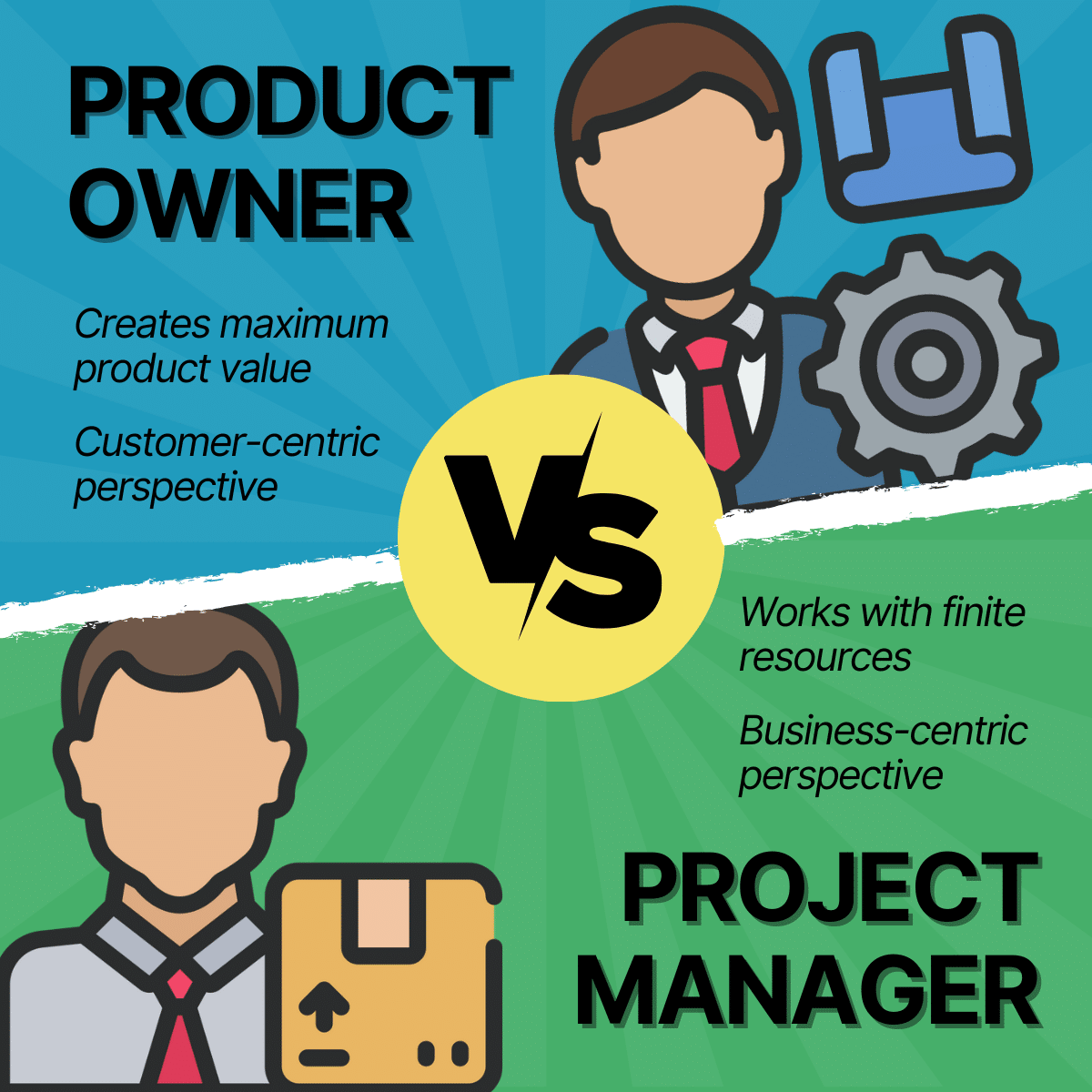
Product owner
As the name implies, a product owner’s primary focus is the product itself.
They must ensure the product doesn’t disappoint its intended users, even at the cost of certain aspects of the project.
Suppose the development team requires more time to polish the product.
Though it might mean getting behind schedule, the product owner would likely approve of this request. After all, it should lead to an overall better product.
A project manager may do differently when put in the same situation.
Project manager
A project manager focuses on the project’s success. They still have to keep in mind their intended customers, but they must do so while considering the constraints.
In short, they ensure the product is delivered within budget and on time.
Continuing with our previous example, if a project manager is put in the same spot, chances are they would disapprove. That’s because while delaying the product’s release date might improve the result, it risks getting behind schedule.
Of course, that’s not to say project managers always cut corners.
#3. Stakeholder management
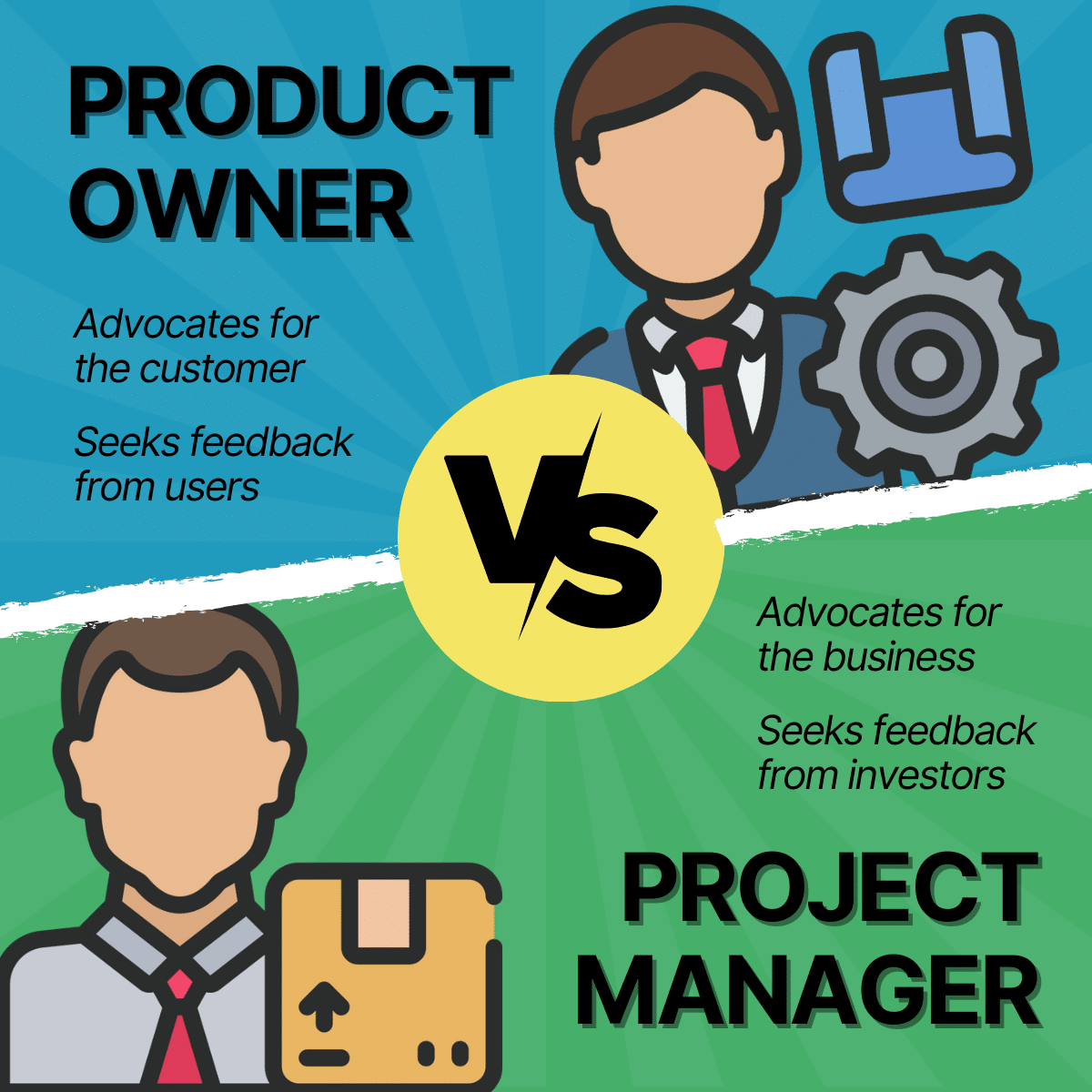
Product owner
Stakeholder management refers to how a product specialist handles stakeholder relationships. Stakeholder, in this context, refers to the following groups or individuals:
- Users/customers
- Executives
- Team members
The way a product owner approaches this aspect isn’t that different from a project manager’s approach. The difference lies in the type of stakeholder they prioritise.
A product owner focuses on advocating and being the voice of users. They maintain transparency and often update the intended users about the product development’s progress. A product owner also aims to foster trust.
Of course, that doesn’t mean they neglect executives and team members. But users/customers indeed get more attention from a product owner.
Project manager
On the other hand, a project manager places more importance on executives and team members. They would often share progress reports with executives and resolve conflicts and misunderstandings among team members. A project manager would negotiate solutions with these two groups to find common ground.
Suppose the development team requires more funding, but executives prefer to avoid the idea. The project manager is responsible for finding a compromise in this case.
Simply put, their main goal is to minimise disruptions to the project. After all, disruptions can lead to delays and other issues that may hinder its success.
#4. Skill sets and expertise
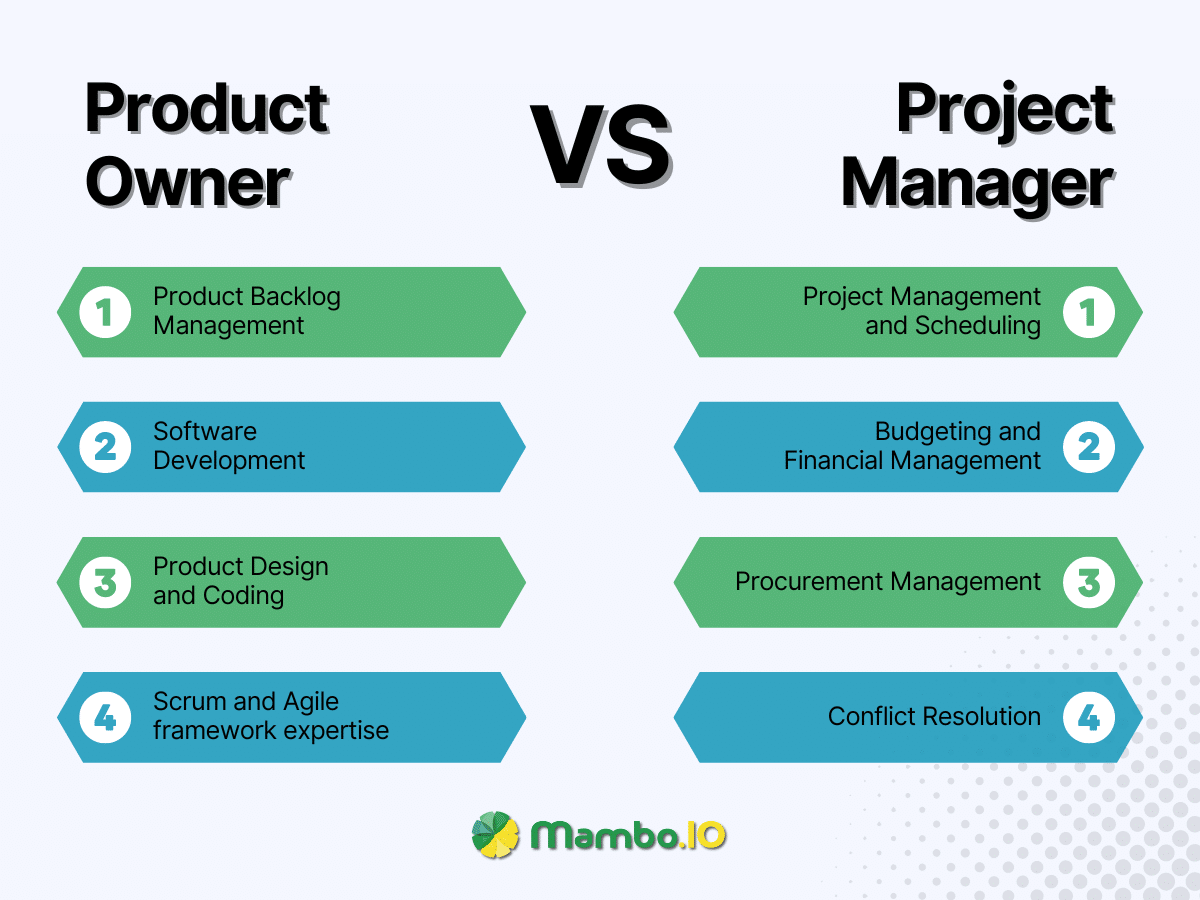
Product owner
Being a product owner is generally more technical than the project manager role.
For that reason, most of the skills of a product owner correlate to technical capabilities. Precisely, the ideal product owner must possess the following skills:
- Software development
- Product designing and coding
- Scrum and Agile framework expertise
- Product backlog management
Project manager
The project manager position exists in virtually every industry.
So, it makes sense that most of the skills of this position are broad and even generic. Below is a list of the skills of the ideal project manager:
- Project management and scheduling
- Budgeting and financial management
- Procurement management
- Conflict resolution
Simply put, a product owner is not a project manager. But if that’s the case, why do people, much less companies, even compare these two roles in the first place?
Product owner vs project manager: key similarities
Responsibilities
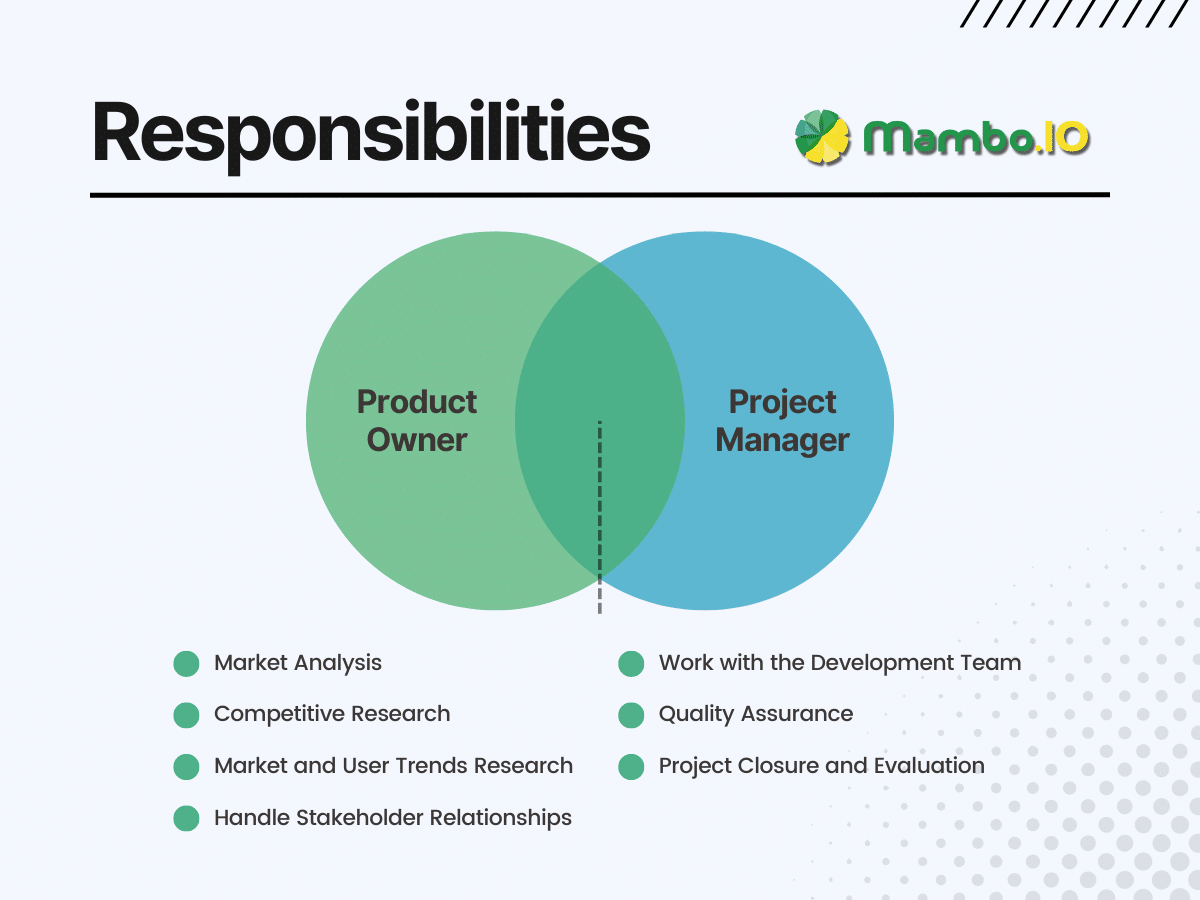
It’s common for these two roles to exist in a company simultaneously. That’s particularly true in companies that regularly manage and develop complex products.
In such cases, they do have different jobs. Specifically, these two roles may share the following responsibilities:
- Market analysis
- Competitive research
- Market and user trends research
- Handle stakeholder relationships
- Collaboration with the development team
- Quality assurance
- Project closure and evaluation
Skill sets and expertise
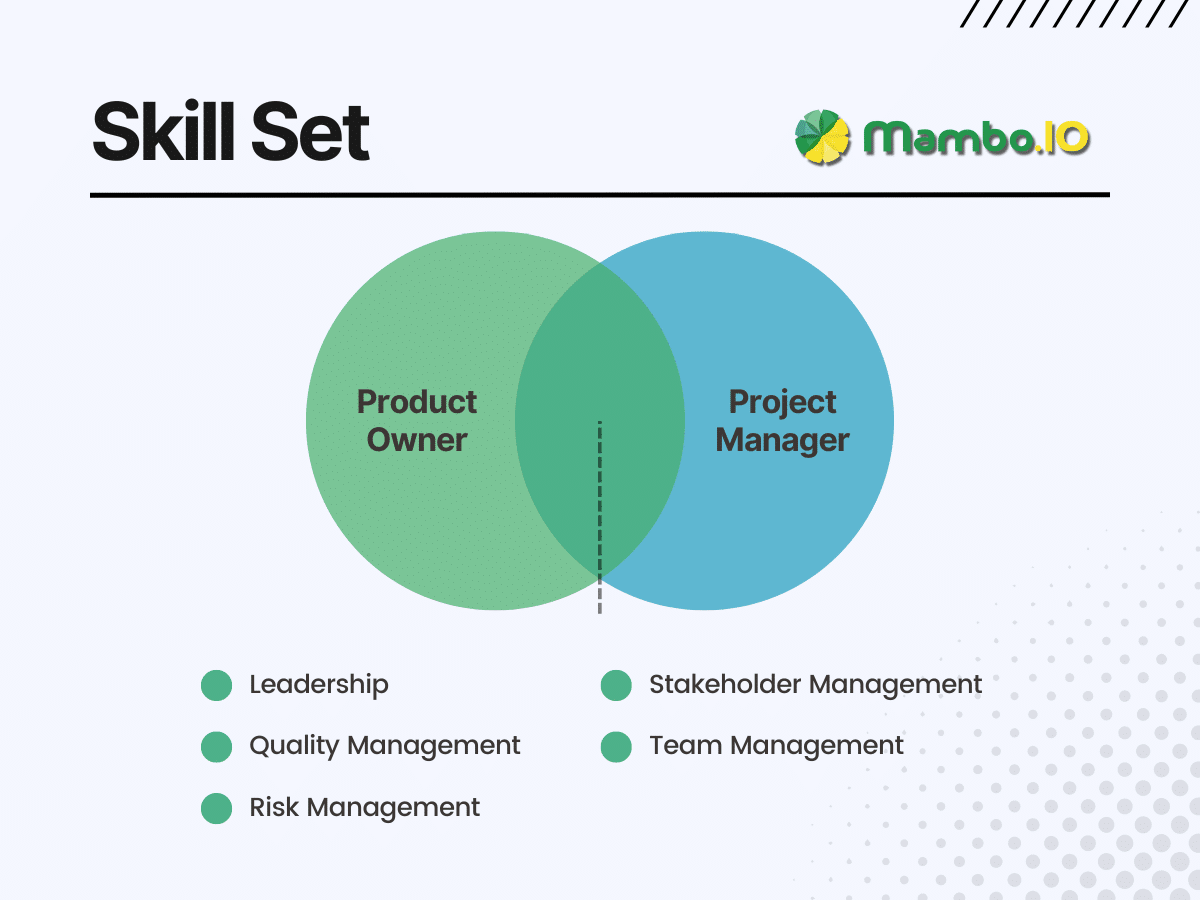
In addition to their responsibilities, a product owner and project manager may also possess similar skills. However, the importance of each skill may differ for each role.
To be precise, one skill might be more important to project managers than to product owners. With that said, here’s a list of skills that both the product owner and project manager must possess:
- Leadership
- Quality management
- Risk management
- Stakeholder management
- Team management
Of course, despite their similarities, one person cannot be both a product owner and a project manager. Some companies may attempt to hire one person to fill both roles, but hiring for each job wouldn’t be as efficient.
Takeaways: product owner vs project manager
No matter your industry, it takes an expert to fill in either of these roles in your organisation. Be that as it may, you cannot replace your product owner with a project manager and vice versa. They are simply too different in their responsibilities, approach to stakeholder management, focus and perspective, or expertise.
One thing you cannot deny, however, is that they are both employees. And like all employees, their performance and productivity are important to your bottom line.
If you want to maximise your employees’ potential, our custom gamification software might be the way to go. Book a demo with Mambo today and see for yourself.
Download your free
“Gamification Guide”
Get your PDF now and start transforming your approach to digital engagement!
Latest Posts
Machine Learning In Finance: 12 Essential Applications
The impact of machine learning on finance is significant. Thanks to this technology, financial institutions are now equipped to make efficient decisions. Through the analysis of data sets, machine learning […]
How To Create Interactive Compliance Training For Bank Employees
Banking compliance training isn’t just another task. It’s the stage where everything else performs. Banks must navigate a myriad of regulations and laws. After all, this is a trust-driven, high-stakes […]
How Fintech Apps Are Using Gamification To Increase User Engagement
Discover how gamification in fintech is revolutionizing financial engagement, making banking fun & boosting user loyalty.
